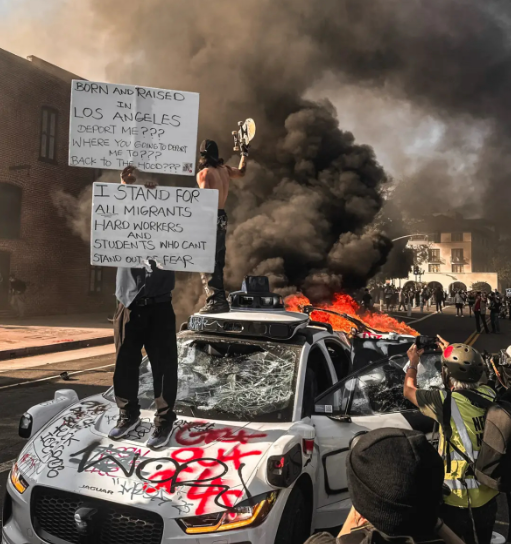Recent testimony by Arizona Speaker of the House Rusty Bowers suggests that former President Trump was in contact with Republican state legislators in Arizona in an attempt to overturn the 2020 election results in his favor.
The continuing investigation into the assault upon the capitol on January 6, 2021, has led to a debate over the subject of whether criminal charges should be filed against President Trump and other Republican leaders. The January 6th Committee, assembled in the US House of Representatives, is charged with investigating violent extremism, Homeland Security concerns, and objections to the exercise of governmental authority that occurred at the US Capitol in early 2021. The committee includes members from both sides of the aisle led by Rep. Liz Cheney (Republican—Wyoming) and Rep. Bennie Thompson (Democrat—Mississippi)
Bowers, a Republican representing the 25th legislative district, recalls receiving multiple calls from President Trump to discuss the election results in Arizona. Bowers testified that on two separate occasions, Trump claimed to have proof of the election being rigged, citing hundreds of thousands of undocumented citizens and thousands of deceased who swayed the vote. Mr. Bowers said he asked for the evidence but never received it (NPR).
Repeating his claims of fraud, Trump had other requests for Rep. Bowers. The former president requested that Bowers hold an official committee at the Capitol to present evidence and pursue action after. The hearing never took place due to insufficient evidence.
In the wake of the hearings, Republicans opposing Trump have been praised by Democrats and scrutinized by their party. One of the Republicans in opposition was Wyoming Representative Liz Cheney. After first gaining national attention for her vote for the impeachment of former President Trump, the odds of a fourth term for the congresswoman were uncertain. Ms. Cheney trailed her opponent in the polls in her race for re-election, gaining only 30 percent of her district’s support, compared to her conservative and Trump-endorsed opponent Harriet Hagemen’s 52 percent. On August 17th, primary election day in Wyoming, she lost her seat, winning only 28.9% of the vote (PBS.org).
The defeat of Rep. Cheney marks the end of the Cheney family dynasty in Wyoming. Cheney grew up in a political household. Her father Dick Cheney, Vice President under President George W. Bush, is the most notable politician from the consistently Republican state. Like her father, Liz Cheney’s ambition was thought to be ahead of her title; some constituents believed she was more focused on the committee than her district, saying, “She is too much Washington and not enough Wyoming,” according to James King, a political science professor at the University of Wyoming.
After her primary loss, the congresswoman is contemplating running for the presidency in 2024, potentially following in her father’s footsteps for the White House. The morning after her primary, Cheney discussed her thoughts about running and making her decision in the months to come. (CNN) A campaign for President would not be a shock to Americans. Cheney has not ruled out running for The White House in the past, and she ran national ads during her House campaign, fueling the notion in D.C. of a possible national run.
Liz Cheney’s political career has become directly related to President Trump’s, made obvious by her opposition of his presidency, but also by her latest leadership PAC “The Great Task” formed overnight following her loss. A political action committee (PAC) is a political committee organized for the purpose of raising and spending money to elect and defeat candidates. The Great Task is a response to the possibility of a Trump 2024 campaign with the goal to “mobilize a unified effort to oppose any Donald Trump campaign for president” according to a POLITICO exclusive from Cheney.
With Liz Cheney’s defeat, the next vice chair of the committee is uncertain. The leading Republican now gone leaves the title open to whoever wants it, though most are weary after all in opposition to Trump having lost their primaries. Following the construction of the committee, traditional conservatives are being replaced by Trump-endorsed candidates all across the country, but that isn’t stopping the committee.
Members of the committee discussed the possibility of releasing their reported findings in December, a month before the end of the committee on January 3rd, 2023, with the start of the new congress, but with new witnesses stepping forward and new revelations, that will most likely not happen anytime soon. Some representatives want more hearings. One person likely to be pursued for testimony will be former Vice President Mike Pence, who expressed considering testifying before the committee at a New Hampshire politics event.
























